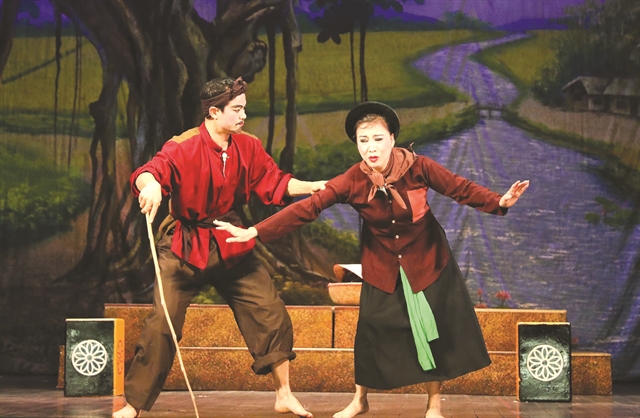 Features
Features
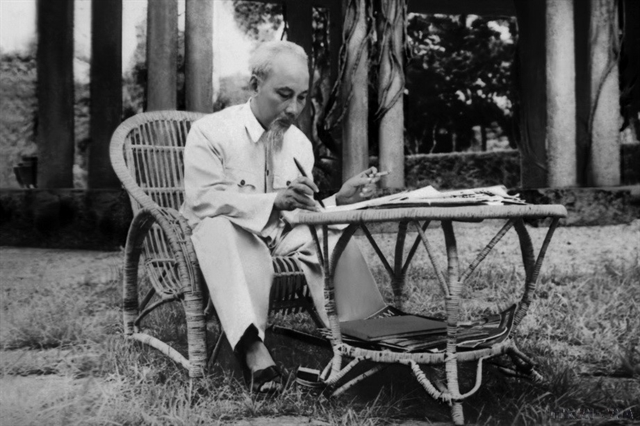
Originally an intellectual educated in the French educational system, instead of becoming a civil servant for the Sài Gòn administration, Nguyễn Hữu Thọ gave up all benefits he should have to join Việt Nam resistance movement.
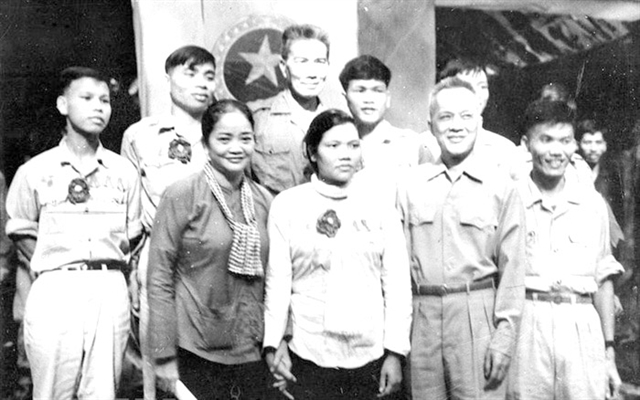
|
| LEADING BY EXAMPLE: President of the South Việt National Liberation Front Nguyễn Hữu Thọ (2nd right) with the Trị Thiên delegation. Photo courtesy of Liberation News Agency |
With extraordinary patriotism and energy, lawyer Nguyễn Hữu Thọ overcame many temptations and the constraints of society at the time to become a leader of the South Việt Nam liberation force, wholeheartedly serving the nation's cause of independence and reunification.
He was captured, tortured and sent to prison by the enemy for his patriotism. But he remained indomitable, loyal to revolutionary ideals and believing that victory would come in the end.
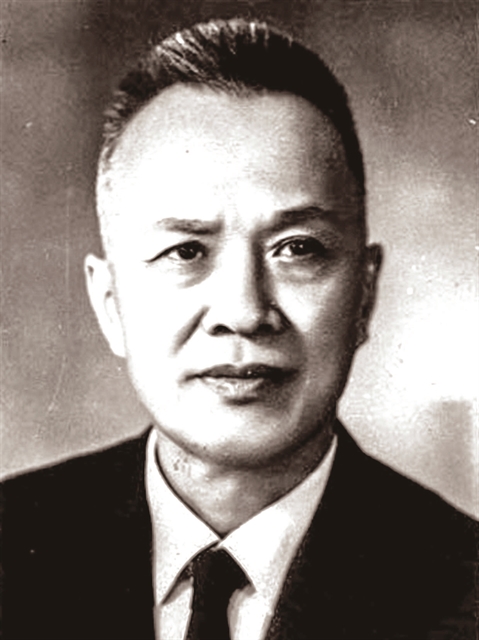
|
| Lawyer Nguyễn Hữu Thọ |
In his concluding address at the “Nguyễn Hữu Thọ with the Việt Nam Revolution and the Homeland of Long An” conference in the Mekong Delta province of Long An, held to mark Thọ's 110th birthday in mid-July, Permanent Deputy Prime Minister Trương Hòa Bình highlighted the contributions the patriotic intellectual made.
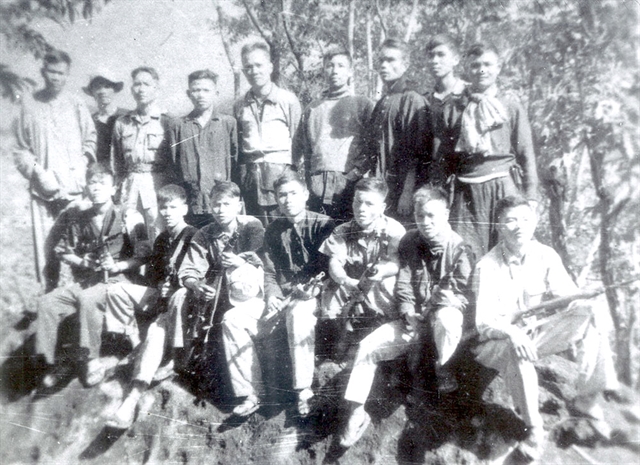
|
| MAN OF ACTION: Nguyễn Hữu Thọ (standing, middle) and the Phú Yên Province guerrillas. Photo baophuyen.com.vn |
In his early days as an underground member of the resistance force against the French occupation, Thọ worked as a lawyer in Sài Gòn (former name of HCM City). With the talent, enthusiasm, and humility of a true intellectual, he became a respected leader of the peace movement in Sài Gòn in the early 1950s.
On March 9, 1950, lawyer Thọ led a demonstration of tens of thousands of people of all walks of life, mostly young workers and students, to demand democracy, freedom, peace, welfare, and protest against the US involvement in the first Indochina war. Facing this first anti-American protest march in South Việt Nam, two US warships docking at Sài Gòn Port had to leave.
After the 1954 Geneva Agreement was signed, Thọ mobilised civil servants and intellectuals to participate in the peace movement in South Việt Nam. Within a short period of time, local peace committees were established throughout markets, schools, factories, as well as in rural areas around Sài Gòn.
Lawyer Thọ gradually gained trust by lovers of peace, democracy and independence in South Việt Nam, and for those activities he was arrested by the Sài Gòn administration several times.

|
| SPEAKING OUT: Nguyễn Hữu Thọ (standing) at a working session in Long An. Photo baolongan.vn |
The National Front for Liberation of South Viêt Nam was established in December 1960. At that time, he was under house arrest in Phú Yên Province by the Ngô Đình Diệm administration.
After being freed by the revolutionary forces in October 1961, lawyer Thọ went to the resistance base in Tây Ninh Province, and there he was elected Chairman of the Central Committee of the National Front for Liberation of South Việt Nam.
In June 1969, he was appointed Chairman of the Advisory Council of the Provisional Revolutionary Government of South of Việt Nam.
He was admired by his comrades-in-arms and the people for his profound political stance, and for upholding the banner of great solidarity for national independence and reunification.
Following the liberation of South Việt Nam and the country’s reunification, he was elected Vice President of the Socialist Republic of Việt Nam in June 1976.
He held more important posts as Acting President of the Socialist Republic of Việt Nam in April 1980, and Chairman of the National Assembly and Vice Chairman of the State Council of the Socialist Republic of Việt Nam in July 1981.
At the 3rd National Congress of the Việt Nam Motherland Front in November 1988, Thọ was elected Chairman of the Front’s Central Committee. In August 1994, at the Fourth National Congress of the Front, he was elected as Honorary President of the Presidium of the Central Committee.
He made important contributions to the formation of the Party’s renewal policy, directed and participated in drafting the Constitution in 1992, and offered a host of suggestions on modernising the state apparatus, the National Assembly, and the Motherland Front. VNS




